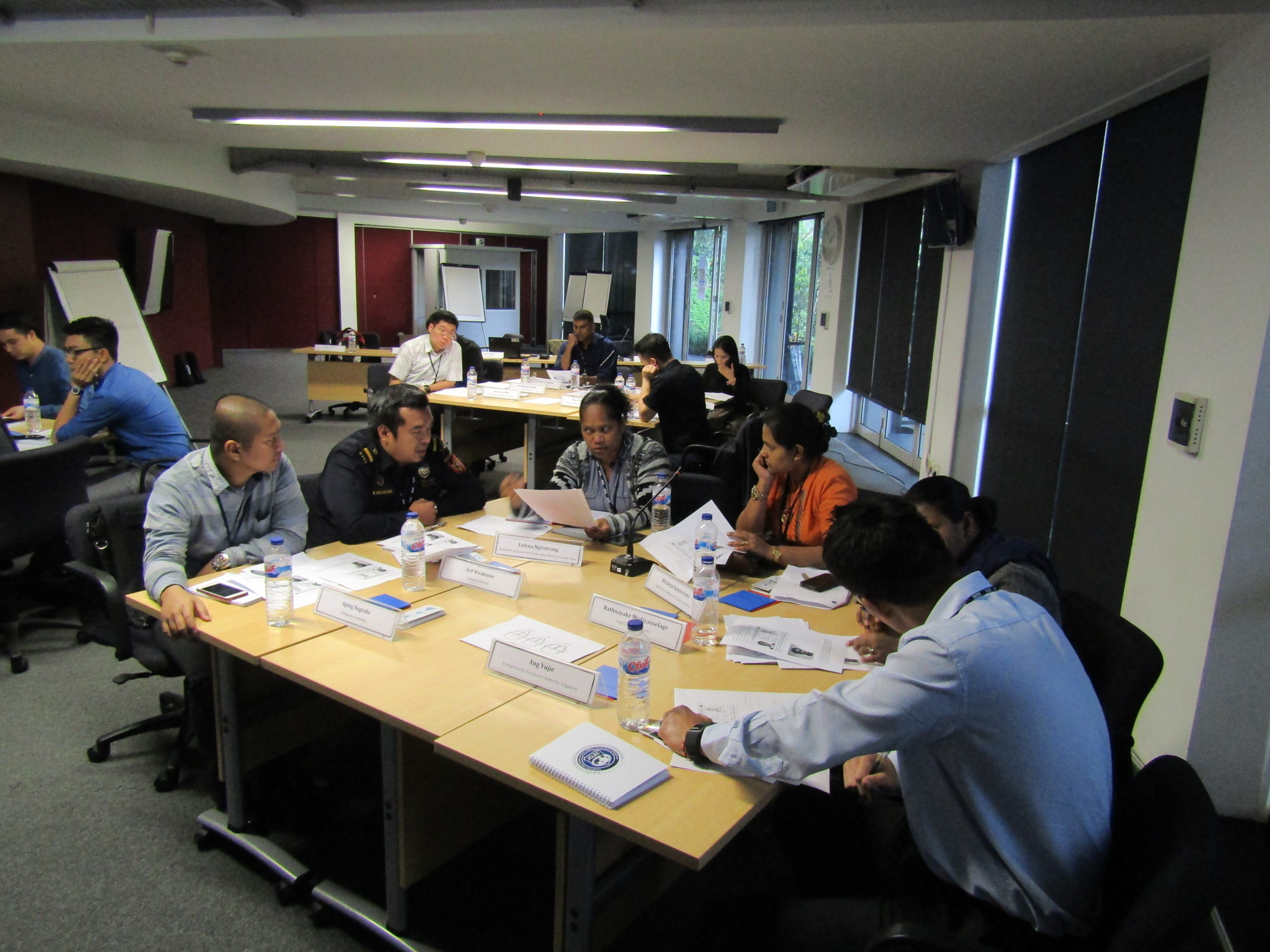
The Bali Process on People Smuggling, Trafficking in Persons and Related Transnational Crime was established in 2002 as a non-binding, international, multilateral forum designed to enhance regional cooperation, promote information-sharing, and support the development of effective policies and practices on irregular migration across the Asia-Pacific region and beyond. It provides a unique platform for dialogue and engagement among governments, regional organisations, and other stakeholders, facilitating the exchange of knowledge, lessons learned, and coordinated responses to complex cross-border challenges.
Bali Process Working Groups serve as the operational mechanism of the Process, bringing together government officials, practitioners, and subject-matter experts from Member States and participating organisations to address priority issues and emerging threats. These Working Groups focus on areas such as human trafficking, people smuggling, law enforcement capacity building, and victim protection, ensuring that initiatives are both evidence-based and aligned with regional needs. By fostering collaboration, the Working Groups enable timely responses to new challenges, support the implementation of best practices, and strengthen regional networks for the prevention, detection, and disruption of transnational criminal activities related to irregular migration. In doing so, the Bali Process continues to play a central role in shaping a cooperative, multi-stakeholder approach to migration governance in the Asia-Pacific region.
Structure
The Bali Process is co-chaired by the Foreign Ministers of Australia and Indonesia, reflecting their shared commitment to regional cooperation on irregular migration and related transnational crime. Ministerial Conferences bring together Member States and Observers to review progress, assess emerging regional and global developments, and set priorities for future action. While typically held every two years, the timing is flexible and determined by the Co-Chairs in response to urgent challenges, allowing the Process to remain adaptive and responsive.
Following each Conference, the Co-Chairs issue a statement summarizing outcomes, accompanied by supporting documents such as the Declaration and Strategy for Cooperation, which outline strategic priorities, objectives, and practical steps to guide regional efforts. Coordination of the Bali Process is led by the Co-Chairs, who facilitate communication, support working groups, and promote information-sharing, ensuring coherent and collaborative regional action.

Regional Support Office
Established in 2012, the Regional Support Office (RSO) provides technical support to Bali Process Member States and strengthens regional cooperation on a wide range of cross-border and regional challenges. This includes migration and refugee protection, human trafficking, people smuggling, transnational crime, and broader issues such as humanitarian assistance, development coordination, border management, and the protection of vulnerable populations.
RSO turns regional commitments into real-world results through knowledge sharing, capacity-building, and the exchange of best practices. By bringing practitioners and policymakers from across Member States together, RSO delivers impactful training programs, workshops, events, and roundtables that foster collaboration, improve operational and policy responses, and support sustainable regional solutions.
RSO’s calendar highlights past and upcoming events and activities. For inquiries, contact info@rso.baliprocess.net. Explore the full calendar here.
Stay updated with the latest news, initiatives, and resource here.

Meetings and Working Groups
Membership
The Bali Process is a broad regional forum that brings together 45 Member States across the Asia–Pacific region, extending to partners in Europe and North America. This wide geographic reach reflects the global nature of migration, people smuggling, trafficking in persons, and related transnational challenges.
The forum also includes four Member Organisations—the UN Refugee Agency (UNHCR), the International Organization for Migration (IOM), the United Nations Office on Drugs and Crime (UNODC), and the International Labour Organization (ILO). In addition, 18 Observer States and nine Observer Organisations contribute expertise, resources, and perspectives to support collective action.
With its diverse membership, the Bali Process is the largest regional forum of its kind, providing a platform for dialogue, cooperation, and practical action. By bringing governments, international organisations, and observers together, it fosters collaboration across the region and supports a coordinated, international response to shared migration and security challenges.

Coordination of The Bali Process
The Bali Process is co-chaired by the Foreign Affairs Ministers of Australia and Indonesia. The Australian Department of Foreign Affairs and Trade (DFAT) and the Indonesian Ministry of Foreign Affairs (KEMLU) are responsible for the coordination of Bali Process Official Meetings, under the leadership of the Bali Process Senior Official Co-Chairs.
The Regional Support Office
The Regional Support Office of the Bali Process (the RSO) provides a unique function and resource – delivering practical, on-the-ground support for the Bali Process and its Working Groups.









